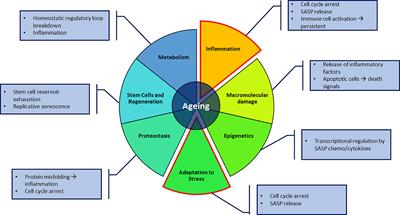EDITORIAL
Published on 27 Jun 2022
Editorial: Local Immune Modulation of Macrophages and Dendritic Cells - Local Matters
doi 10.3389/fimmu.2022.957104
- 837 views
27k
Total downloads
76k
Total views and downloads
You will be redirected to our submission process.
EDITORIAL
Published on 27 Jun 2022
ORIGINAL RESEARCH
Published on 14 Apr 2022
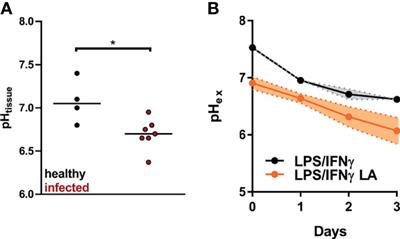
ORIGINAL RESEARCH
Published on 16 Mar 2022
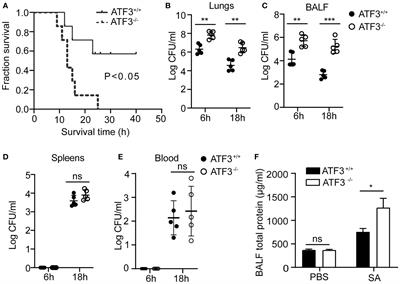
ORIGINAL RESEARCH
Published on 16 Nov 2021
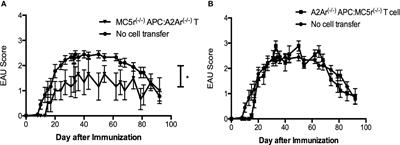
ORIGINAL RESEARCH
Published on 26 Oct 2021
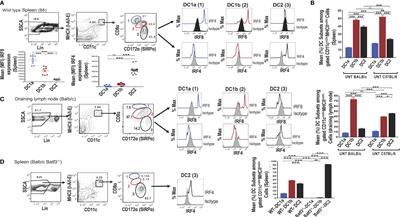
ORIGINAL RESEARCH
Published on 23 Sep 2021
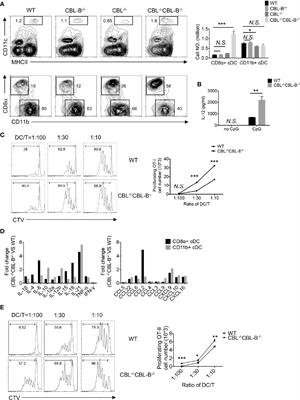
ORIGINAL RESEARCH
Published on 13 Aug 2021
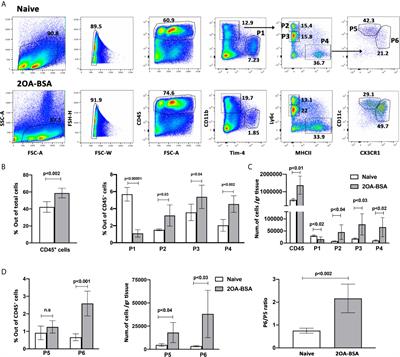
REVIEW
Published on 13 Aug 2021
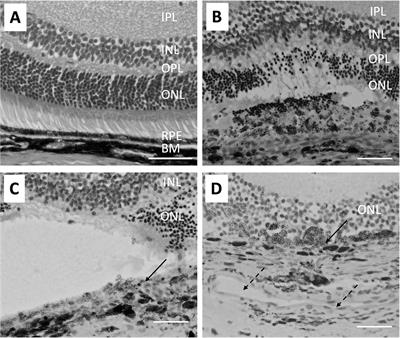
ORIGINAL RESEARCH
Published on 09 Aug 2021
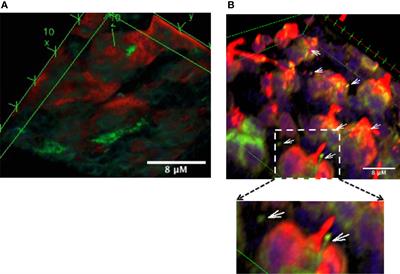
ORIGINAL RESEARCH
Published on 21 Jun 2021
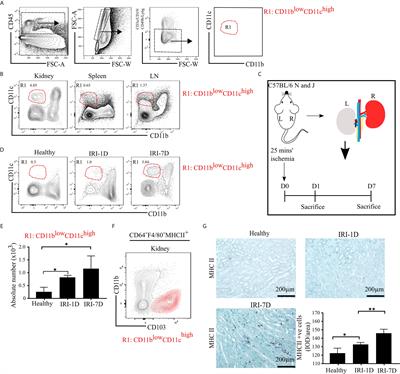
REVIEW
Published on 18 Jun 2021
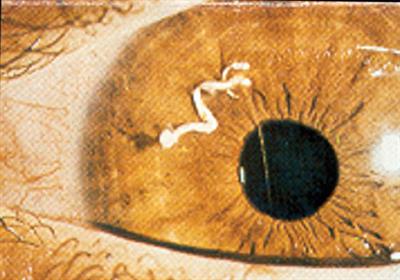
REVIEW
Published on 17 Jun 2021
